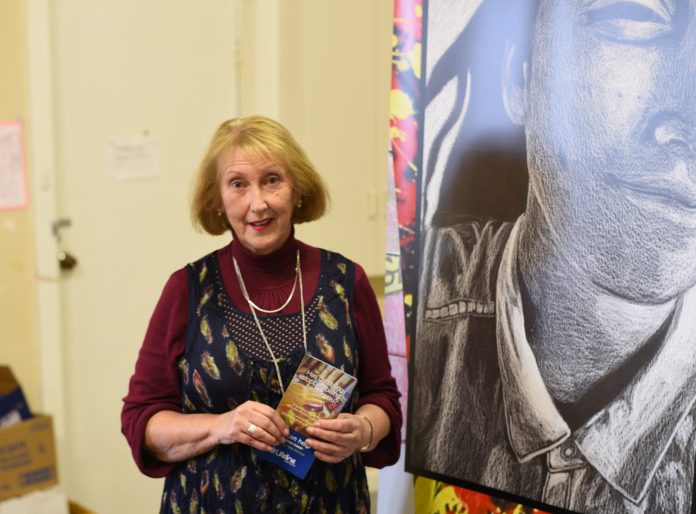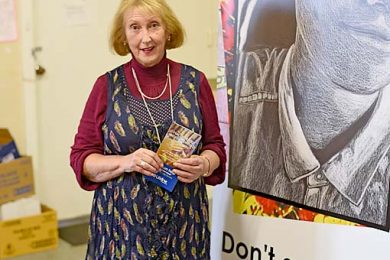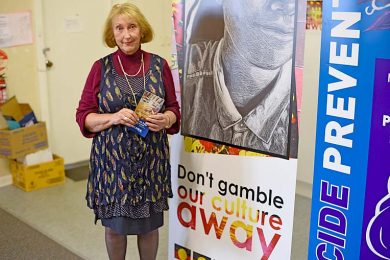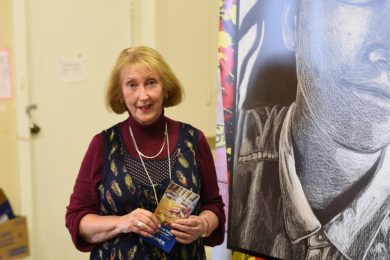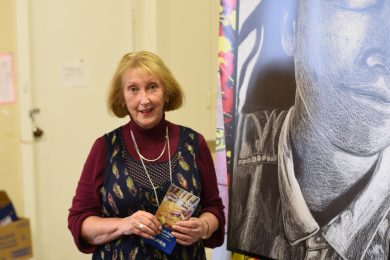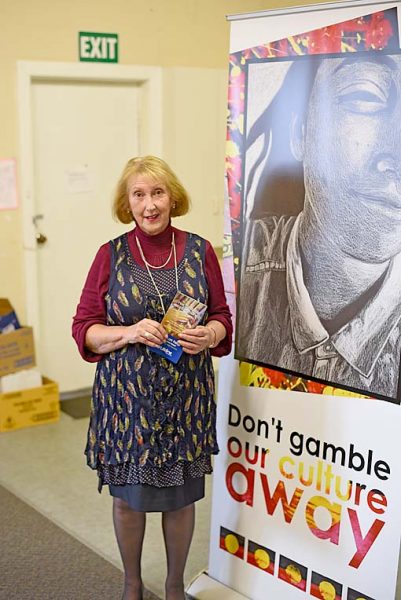
A NEW State Government report surveying the gambling behaviours of more than 20,000 South Australians has found the number of people betting online has almost tripled in recent years.
The report – released on Tuesday – revealed 13pc of South Australians gambled online in the past year – rising by 8pc since 2012.
Lifeline South East chief executive officer Eve Barratt said she was not surprised by the survey data, revealing it matched observations across the region.
“These findings fit what we are seeing in Our Gambling Help Service in the Limestone Coast,” Ms Barratt said.
“Online gambling is the fastest growing mode of gambling and sports betting is the dominant form of internet gambling.”
Ms Barratt said gambling on sport has become easily accessible for the everyday person.
“Most sports betting occurs on mobile phones allowing gambling to take place at any time, in any setting,” she said.
The report showed betting on fantasy sports, sporting and novelty events were among the most popular online activities.
“Gambling has become increasingly integrated with sport,” Ms Barratt said.
“For some people it is no longer enough for them to just watch their favourite team, they have to have a bet on it.”
While the results of the survey were concerning, Human Services Minister Michelle Lensink said it provided valuable insight into the gambling behaviours of South Australians.
She said the data will help shape future gambling policy, programs and services in our state.
“Overall in South Australia, I’m pleased to see the number of people gambling has decreased since the last survey in 2012 (from 69 to 65pc), but the number of problem and at-risk gamblers has remained consistent,” Ms Lensink said.
“The increase in online gambling is concerning and reflective of a greater accessibility to the internet but is also an important sign the State Government needs to continue to assist people gambling online through our help services.”
Ms Barratt said achieving harm reduction required attention to a number of areas.
“Harm reduction may be best achieved through consumer protection frameworks, regulation, community education about risks and increasing knowledge of access to treatment programs,” Ms Barratt said.
“We know from this survey as well as other research and academic reports as well as our own experiences as a local provider, that increased community education is one particularly valuable tool to effect harm reduction.”
Gambling Harm Awareness Week in October this year will focus on using the information gathered in the 2018 SA Gambling prevalence Survey to raise community awareness about the impact of new technologies on gambling behaviour.


